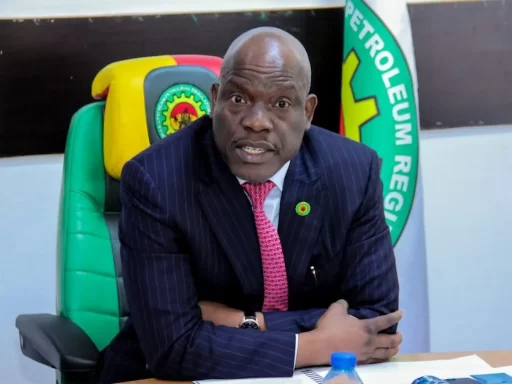Nigeria’s 5% Petrol Tax Has Existed Since 2007 – Presidency
By NaijaEnquirer Staff
The Presidency has clarified that the 5% fuel surcharge raising public concern is not a new tax introduced by the Tinubu administration but a provision that has existed since 2007 under the Federal Roads Maintenance Agency (FERMA) Act. The surcharge was only included in the new Nigeria Tax Act for clarity, harmonisation, and transparency.
Taiwo Oyedele, Chairman of the Presidential Committee on Fiscal Policy and Tax Reforms, made the clarification on Saturday, noting that the measure was not part of the original tax reform bills submitted to the National Assembly.
“The surcharge is not new. It already exists under the FERMA Act of 2007. Its restatement in the new Tax Act is only for harmonisation and transparency, not immediate implementation,” Oyedele explained.
He added that funds raised from the surcharge would be dedicated to road infrastructure and maintenance, helping to reduce travel time, improve safety, and lower vehicle repair and transport costs. Oyedele noted that this practice is common globally, with over 150 countries imposing between 20% and 80% surcharges on fuel products for road funding.
Addressing concerns about hardship, Oyedele assured that the surcharge would not apply to all fuel types. Exemptions include household kerosene, cooking gas (LPG), compressed natural gas (CNG), and renewable energy products, aligning with Nigeria’s energy transition agenda.
On why the surcharge could not simply be removed, Oyedele explained that while fuel subsidy savings provide some funding, they remain insufficient to address Nigeria’s massive and recurring road infrastructure needs. A dedicated fund ensures consistent and predictable financing for road projects.
He further stressed that this measure does not contradict the government’s pledge to reduce taxes. He pointed out that several levies have already been removed or suspended, including VAT on fuel, telecom taxes, and the cybersecurity levy, to ease pressure on citizens and small businesses.
“By harmonising earmarked taxes, the government is eliminating duplication and building a more efficient system,” Oyedele said. He added that moving the surcharge into the new tax law provides a stronger legal framework to address future needs, such as sustainable road financing and climate change impacts.
The Presidency reaffirmed that the measure is about creating a forward-looking tax framework, not an immediate burden on Nigerians.







